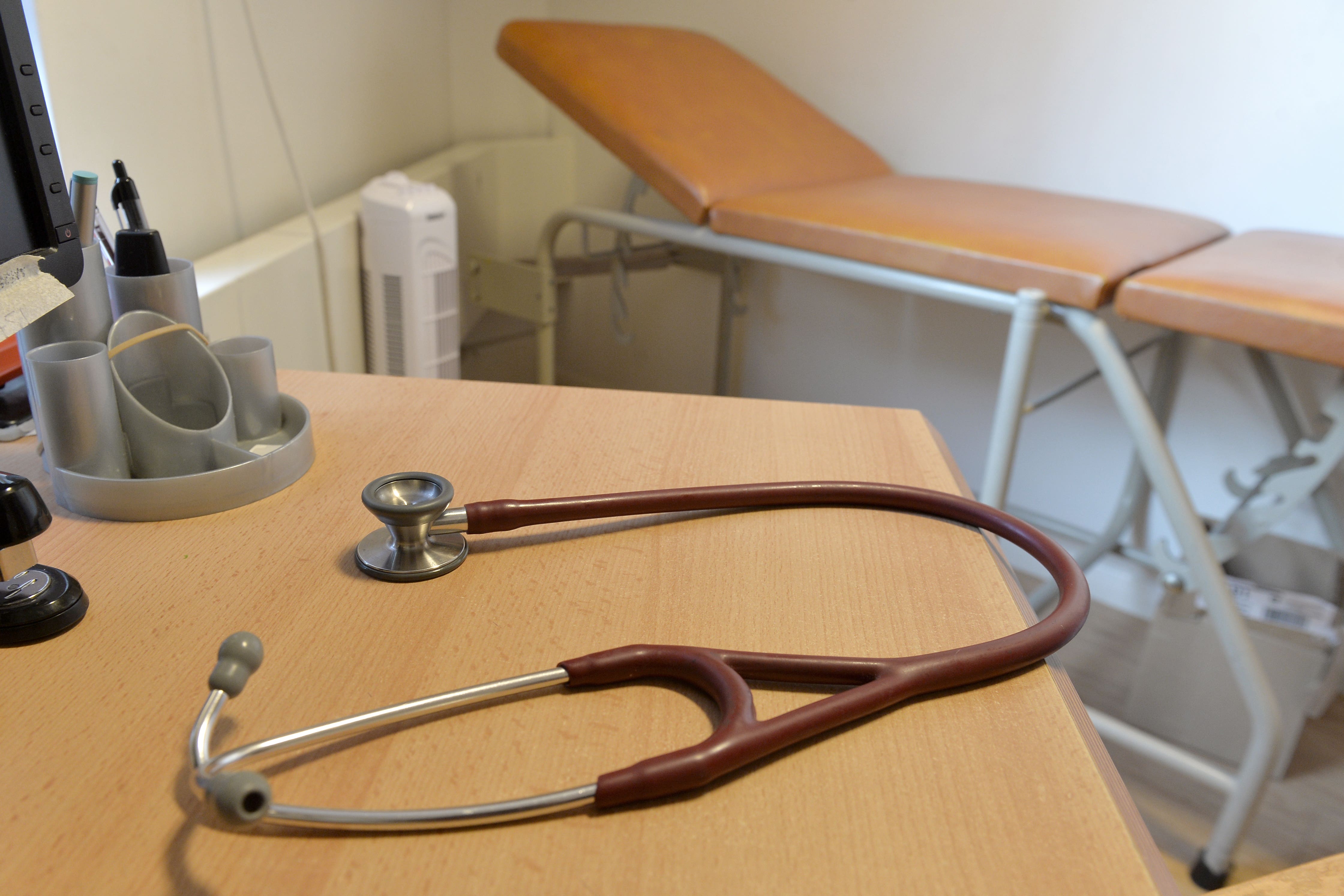Rectal examinations for prostate cancer ‘may miss early stage disease’
A study showed that a prostate-specific antigen (PSA) blood test was around four times better at detecting cancer.

Rectal examinations for prostate cancer may miss early cases of the disease, according to new research.
A digital rectal examination involves a medical professional inserting a finger up a man’s bottom to check the prostate gland for unusual swelling or lumps that may indicate cancer.
In the UK, there is no national screening programme for prostate cancer and some men are given these rectal checks.
Another test which may be offered to NHS patients is the prostate-specific antigen (PSA) blood test.
A raised PSA level in the blood may suggest a problem with the prostate, but does not always indicate cancer.
In the new study, presented at the European Association of Urology Annual Congress in Milan, Italy, experts from Germany said rectal exams alone may be missing cancer cases and should not be used as the sole method for screening.
The Probase trial, led by the German Cancer Research Centre in Heidelberg, involved 46,495 men aged 45 who were enrolled between 2014 and 2019.
Half were offered a PSA test at the age of 45 while the other half were offered a rectal exam followed by delayed PSA screening at the age of 50.
The results showed that a PSA test was around four times better at detecting cancer than a rectal examination.
Dr Agne Krilaviciute, lead author of the study, said: “One of the main reasons for screening for prostate cancer is to detect it in patients as early as possible as this can lead to better outcomes from treatment.
“But our study suggests that the DRE (digital rectal examination) is simply not sensitive enough to detect those early stage cancers.
“The DRE was giving a negative result in 99% of cases and even those that were deemed to be suspicious had a low detection rate.
“Results we’ve seen from the Probase trial show that PSA testing at the age of 45 detected four times more prostate cancers.”
Early stage cancer may not have the size and stiffness to be palpable
The researchers believe one of the reasons the DRE may be failing to detect cancers, particularly in younger men, is because the changes in the tissue in the prostate may be too slight to detect with a finger.
Some cancers also occur in a part of the prostate that cannot be easily reached by a finger, they said.
Professor Peter Albers, a urologist from Dusseldorf University who was the senior author of the study, said: “Early stage cancer may not have the size and stiffness to be palpable.
“Separate analysis that used MRI scans before biopsies to locate cancers in the prostate showed that about 80% of these are in an area that should be easy to reach with a finger and still cancers were not detectable by DRE.”
Amy Rylance, head of improving care at Prostate Cancer UK, said: “This research backs up existing evidence that digital rectal exams are not the most effective way to diagnose prostate cancer.
“The good news is that standard practice on the NHS is that men have a PSA blood test in the first instance, followed by an MRI scan.
“Whilst the DRE can sometimes add useful information that might help doctors with their clinical decision-making, it is no longer routinely done.
“There is currently no screening programme for prostate cancer, which is why Prostate Cancer UK is committed to driving the research and evidence required to make this a reality and save thousands of men’s lives.
“Until then, higher risk men have the right to ask for a PSA test for free from their GP – to understand if you’re at higher risk do the Prostate Cancer UK 30 sec online risk checker.”